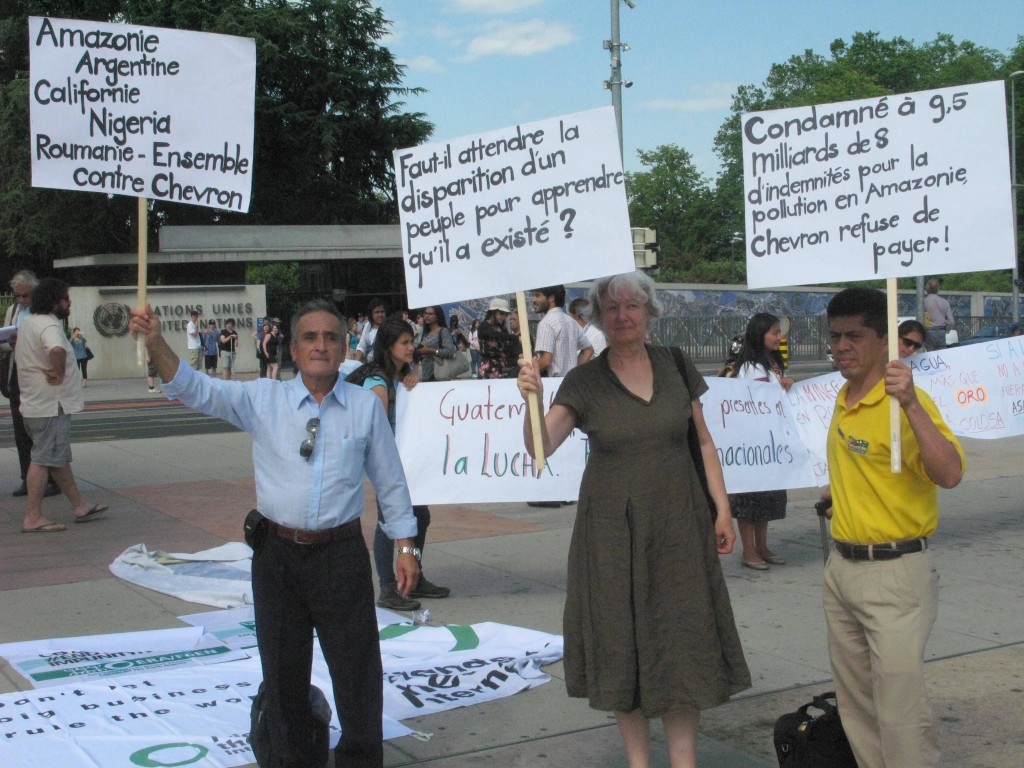Everywhere we look, it seems, we are faced with the human and environmental devastation caused by contemporary processes of dispossession. How we are to confront this is the urgent political question of the day. Not surprisingly, this question has reinvigorated scholarly interest in dispossession, much of it inspired by the work of David Harvey (2003) on accumulation by dispossession and Peter Linebaugh (2008) on an expanded understanding of what constitutes the commons. These conceptual interventions are clearly both welcome and important, yet their explications of dispossession and commons, in the end, do not adequately address the political question. In brief, Harvey’s assignment of different political logics to the dispossessed in the Global North and South and Linebaugh’s evocative juxtapositions of different various commoning practices do not enable us to bring these struggles into a common relational frame. I suggest that a more sustained focus on uneven proletarianization—the end result of dispossession—will better serve our goal of understanding present protests and political possibilities.
Continue reading
Monthly Archives: July 2014
Marc Edelman: Dispatch from Geneva: A Treaty on Transnational Corporations? A Declaration on Peasants’ Rights?
 An anti-TNC protest
An anti-TNC protest
The anthropology of human rights has devoted increasing attention to how diverse groups and societies interpret and implement (or not) international legal norms. The pioneering work of Sally Merry and her collaborators on how global women’s rights norms are enacted in local contexts saw this as a “vernacularization” process.1 Numerous scholars have studied the ways civil society organizations build alliances across boundaries of language, nation, ethnicity, class, and religion; construct shared imaginaries; and take rights claims to international governance venues in hopes of legislating new global norms. Few, however, have explicitly analyzed this in terms of what we might term “vernacularization in reverse.”2 To be concrete, reverse vernacularization involves the development of shared understandings and demands between, say, residents of a community in the Philippines affected by the mining giant Glencore and their counterparts near Glencore mines in Colombia, Peru, Zambia, and the Democratic Republic of Congo. Or, to take another example, small farmers in western Europe who seek to overturn prohibitions on saving and exchanging seeds and those in Brazil who face similar restrictions.
Florin Poenaru: The Wealth of Nations: Nature as Capital and Eco-criticism as Anti-Capitalism
In autumn of 2013, Romania witnessed some of the biggest post-1989 protests. From September to early December, tens of thousands of people took to the streets in major cities. People were furious about the government making a deal with a Canadian mining multinational for an opencast mine in Roșia Montana, a small mining town located in the Apuseni Mountains. In the making for almost 16 years, the project had been mired in controversy from the outset (e.g., see Kalb 2006). First, its very existence and the lack of transparency about what the deal included raised suspicions of complicity between local politicians of all stripes and the Canadian mining firm behind the project. Allegations of conflicts of interest, illicit lobbying, and top-level corruption were abundant. Long-term journalist investigations gave credence to many such views, documenting a vast network of business and political interests, both local and global, undergirding the project (Gotiu 2013).
Continue reading